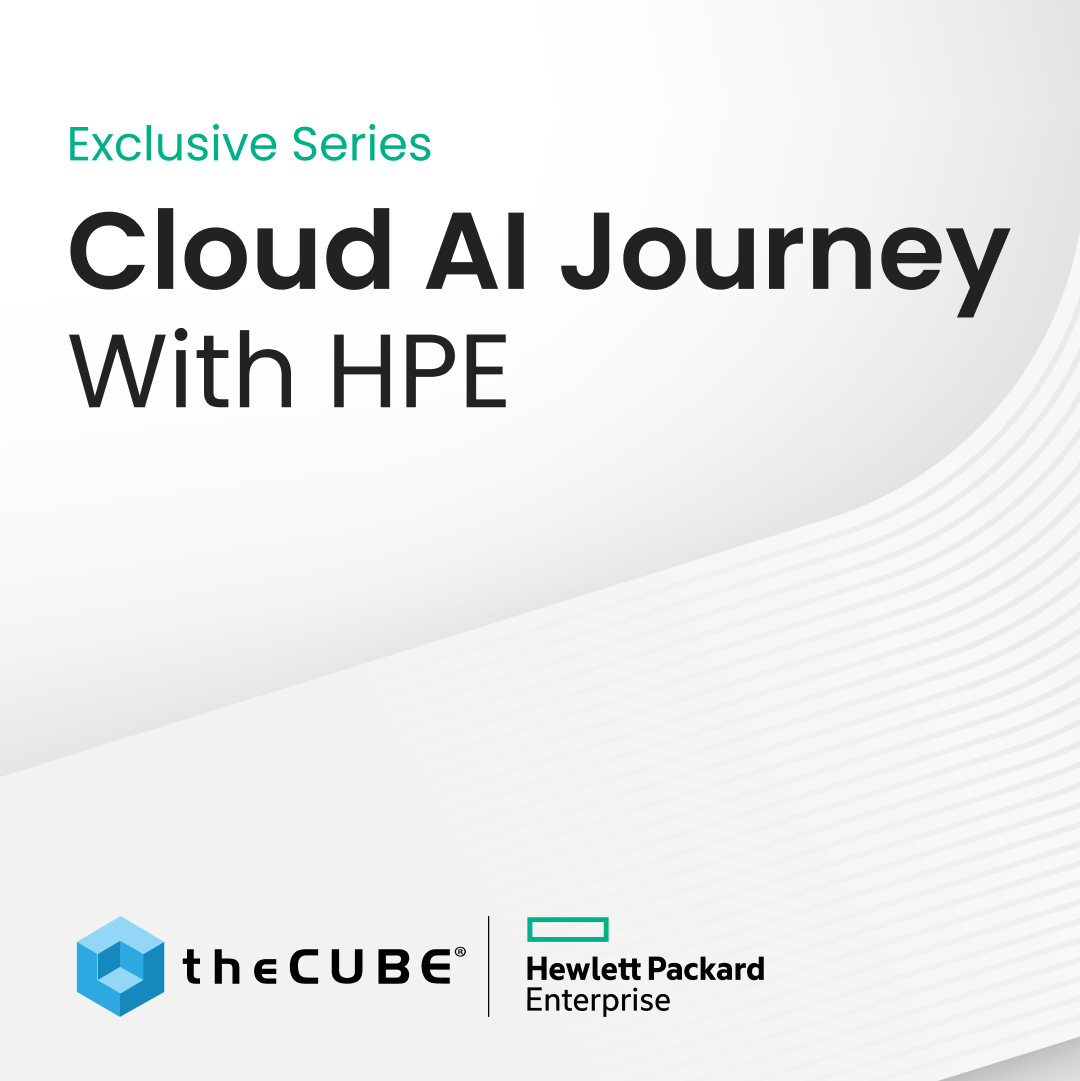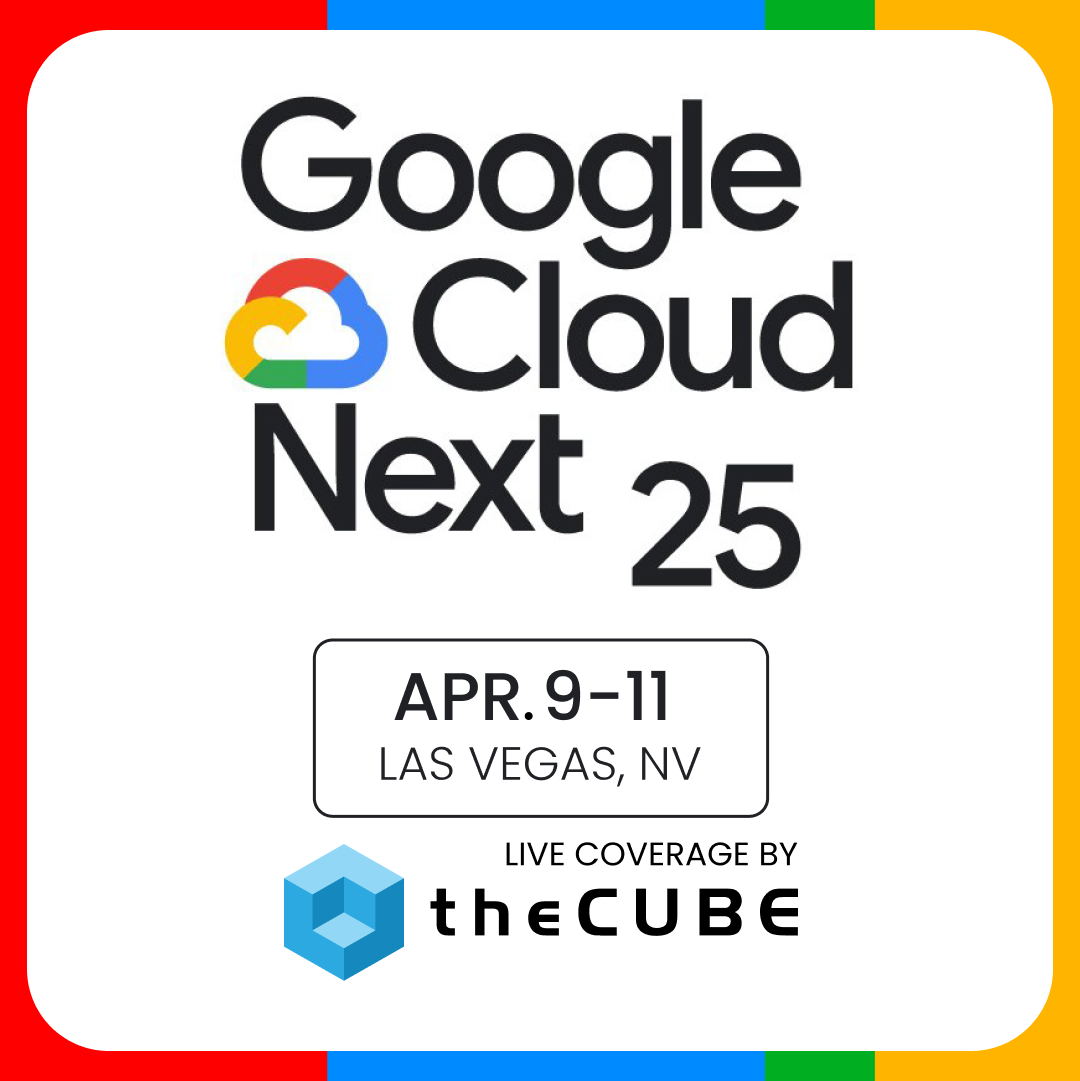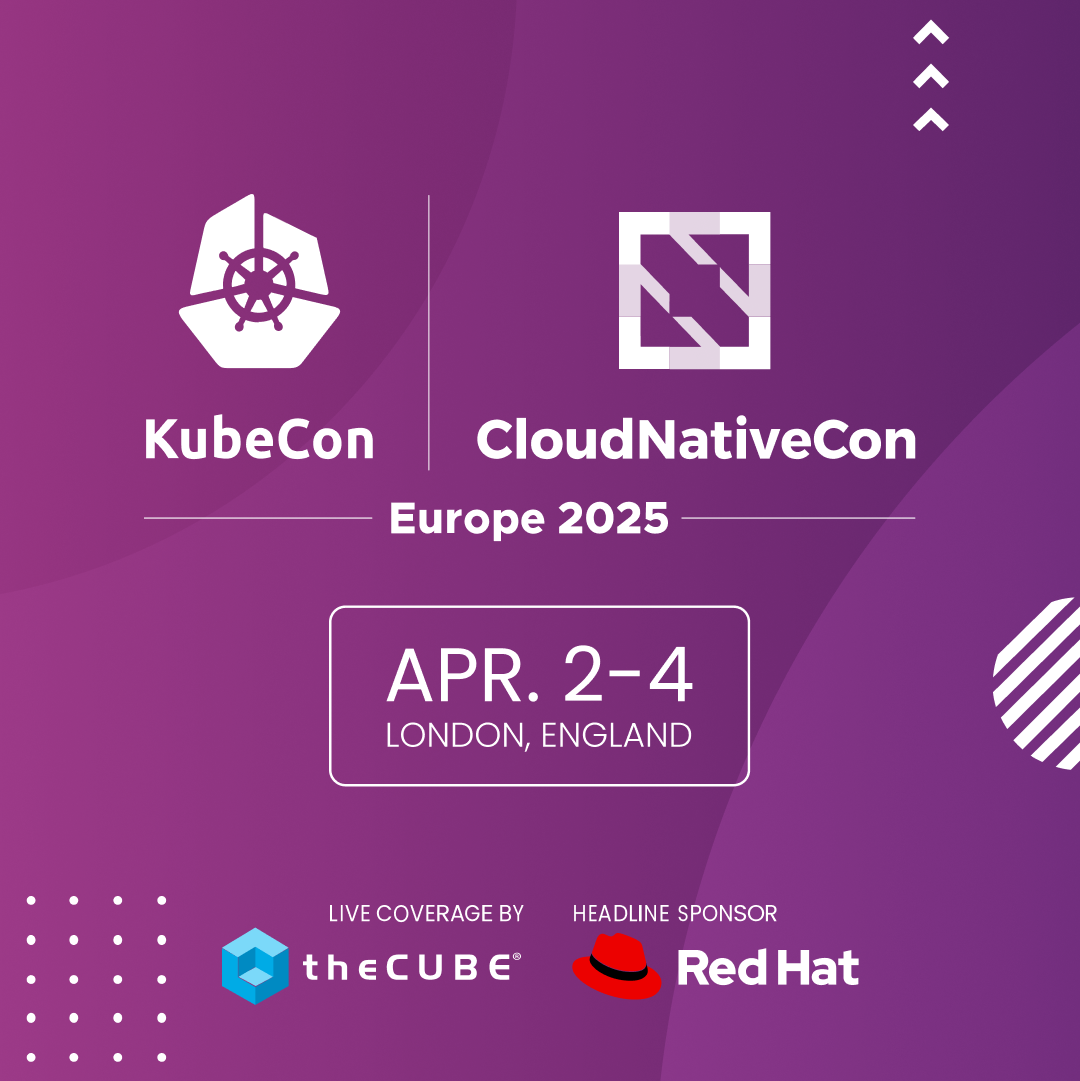Analyst expectations for Tableau as new rivals emerge
![]() For all the talk of automation among analytics vendors nowadays, data is ultimately only as useful as what the user can take away from it, a fundamental reality of decision-making that was largely glossed over until Tableau Software Inc. came along. The company has exposed the market to a fresh approach of presenting information that takes the people side of the business intelligence equation into account and displays the results in a simple format that can be understood without a mathematics degree.
For all the talk of automation among analytics vendors nowadays, data is ultimately only as useful as what the user can take away from it, a fundamental reality of decision-making that was largely glossed over until Tableau Software Inc. came along. The company has exposed the market to a fresh approach of presenting information that takes the people side of the business intelligence equation into account and displays the results in a simple format that can be understood without a mathematics degree.
“If you think of the stack, you go down from the infrastructure up to the database up to the application development tools, but ultimately you’re going to have a person sitting in front of a screen trying to make sense of data,” Wikibon’s Jeff Kelly told fellow analyst Stu Miniman in special episode of CubeConversations series on the occasion of Tableau’s annual customer conference in Seattle this week.
“How do you do that? You visualize it in different ways depending on the particular insight you’re trying to communicate,” he said. That seemingly obvious fact has eluded the industry for the better part of the last few decades, resulting in monolithic reporting systems that were as unwieldy to use as they were to deploy and maintain. Enterprise workers would often wait for weeks or even months on their IT organizations to produce dashboards that often became obsolete by the time they were delivered.
Investments, growth & other key developments
That is still the status quo in many workplaces, but unlike a few years ago, there’s now a viable alternative to the old way of doing things. Tableau offers to make it make possible for users to answer their questions as fast as they can be parsed into question through its drag-and-drop interface, a pitch that has taken over the market by storm.
Kelly noted that the company added some 2,200 new customers in the last quarter alone, in addition to hiring 1,500 more employees and passing the symbolic $900 million sales mark. It has been aggressively investing its revenues into driving growth, he added, with a particular emphasis on establishing strategic partnerships.
Tableau boasts integration with many of the biggest names in the analytics ecosystem, including Hadoop distributor Cloudera Inc. and Hewlett-Packard Co.’s Vertica database, as well as a number of leading players from the lower layers of the enterprise stack. Many of the company’s partners will be represented on theCUBE as part of SiliconANGLE’s wall-to-wall coverage of the company’s upcoming summit, Kelly highlighted, and the competition will be given the spotlight as well.
Facing new competition
Tableau’s main rivals have historically been traditional business intelligence vendors such as IBM Corp. and SAP SE, but that is less and less the case as organizations move to modernize their decision-making processes with new solutions. The company now faces an emerging threat from what Kelly calls “third generation” providers that are looking to beat it at its own game.
“There’s a new wave of data visualization tools and technologies coming along, and now they’re trying to position as Tableau as ‘well, that was a good step forward, but now they’re a little bit behind the times.” An example of that is that you couldn’t run Tableau on a Mac until just about a month ago,” he told Miniman.
But although it may have been late to the game in some instances, the firm is anything but not responsive to customer demands. In fact, Tableau has made earned itself a reputation for addressing outside feedback, a policy Kelly credited as one of the main driver behind the customer momentum behind its platform – albeit one that may be difficult to sustain on the long-run. “The question is can Tableau keep up that level of customer support and hands-on customer service as they scale and as they grow,” he said.
Kelly and the rest of theCUBE crew will be digging into that issue, the adoption of the company’s cloud service and other burning topics with the practitioners on the ground at Tableau Conference 2014. Be sure tune in for our live coverage over at SiliconANGLE.tv for the latest insight and analysis as the event unfolds.
A message from John Furrier, co-founder of SiliconANGLE:
Your vote of support is important to us and it helps us keep the content FREE.
One click below supports our mission to provide free, deep, and relevant content.
Join our community on YouTube
Join the community that includes more than 15,000 #CubeAlumni experts, including Amazon.com CEO Andy Jassy, Dell Technologies founder and CEO Michael Dell, Intel CEO Pat Gelsinger, and many more luminaries and experts.
THANK YOU













